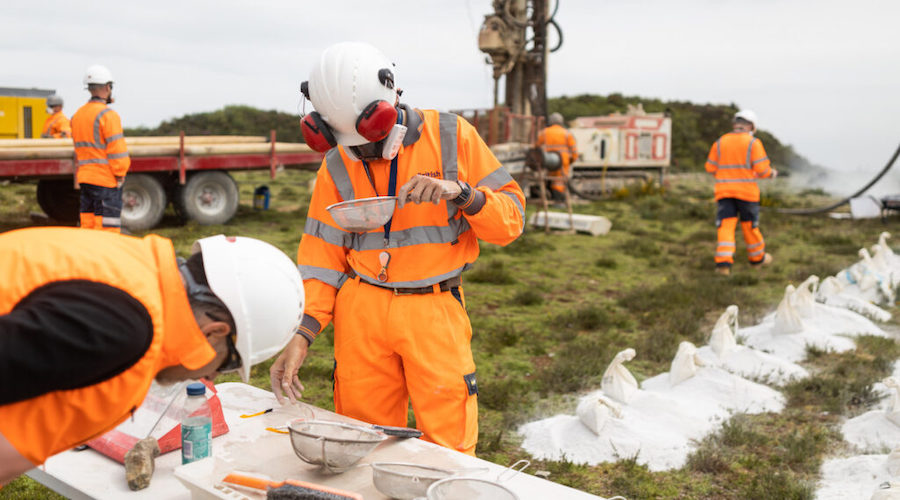French-British venture to develop UK’s largest lithium deposit


French mining group Imerys (FRA: IY4) and British Lithium are joining forces to speed up the development of the UK’s largest lithium deposit, said to have enough of the battery metal to supply about 500,000 electric vehicles (EVs) by 2030.
The partners aim to generate 20,000 tonnes of lithium carbonate equivalent a year by the end of the decade from granite deposits in Cornwall, the same area in southwest England where struggling Cornish Lithium has its Trelavour project.
The project, to cost about US$728 million (£575m), is expected to help the UK and Europe to reduce their dependence on lithium imports.
Imerys, known for producing minerals for construction and ceramics since its beginnings in the 1880s, will have an 80% stake in the joint venture. British Lithium, which has been conducting exploration on the French company-owned land since 2017, will hold the remaining 20%.
The joint venture aims to start production at the project, which would become Britain’s first lithium mine, by 2028.
Imerys chief executive Alessandro Dazza said the project in Cornwall and the company’s planned lithium mine in central France, would reduce Europe's current reliance on imports. Australia currently covers the majority of the EU's demand for lithium concentrates, while Chile is by far the bloc’s largest supplier of refined lithium compounds.
Plans to boost a lithium industry in the UK have suffered major setbacks in recents months. Britishvolt, the startup that struggled to raise funds for a major EV battery factory in northern England, filed for administration in January and ended up being acquired by Australia’s Recharge Industries.
Cornish Lithium, which has been working on opening a lithium mine in the country for more than six years, said this week it needed US$13 million (£10m) or it would go bust.
Europe’s car industry needs to meet tighter carbon-dioxide emissions targets, which take effect in 2024, or face billions of dollars in fines if they exceed them.
Carmakers can currently equip EVs with batteries made up to 70% with materials from countries outside the EU or the UK. From 2024 onwards, however, that requirement will tighten to 50%.
The sector has warned that those Brexit trade rules governing rules of origin risk adding costs to consumers across Europe unless they are delayed.
THIS ARTICLE WAS ORIGINALLY POSTED ON MINING.COM
Comments